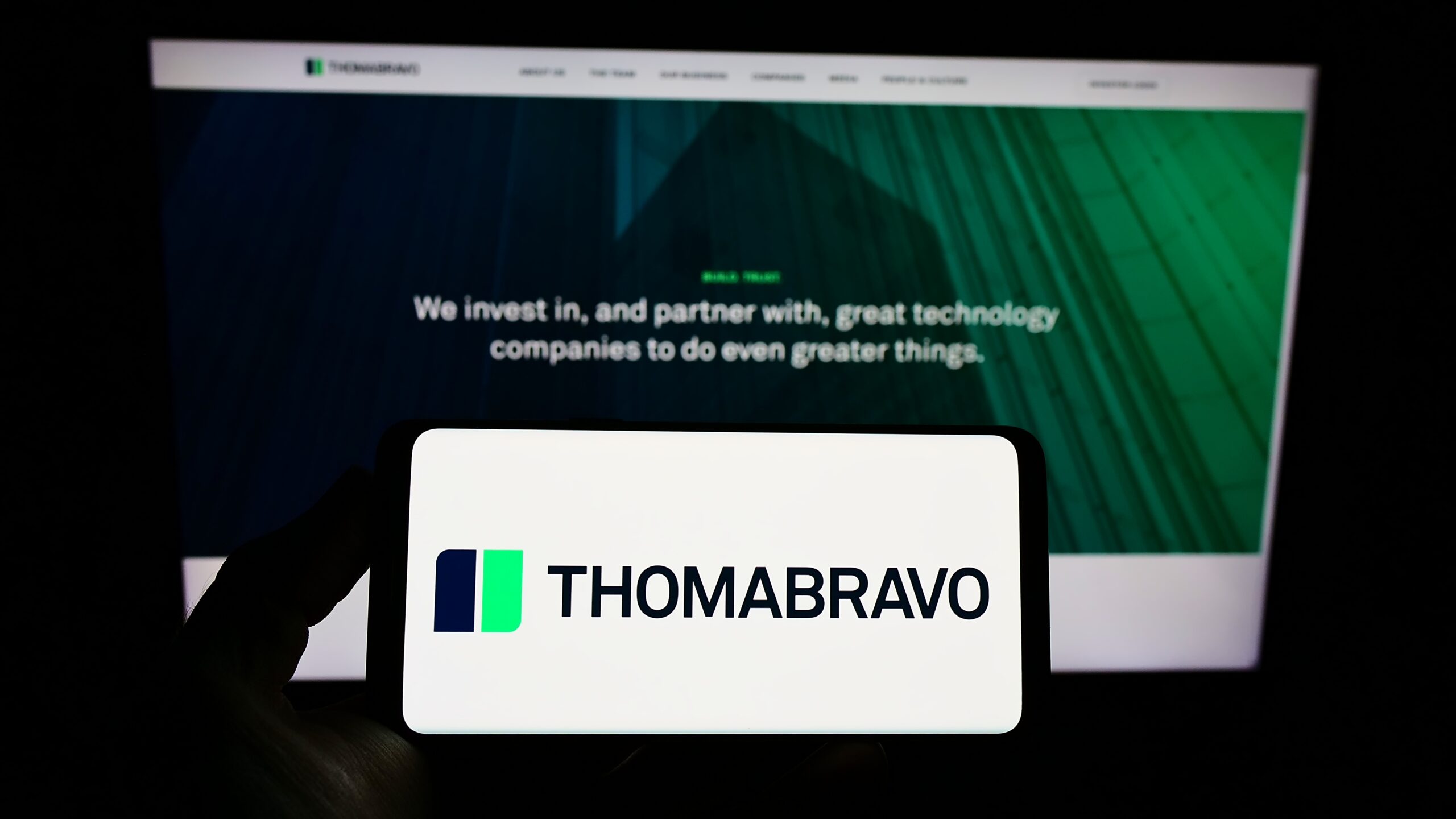
RealPage latest in Thoma Bravo’s anti-trust troubles
February 11, 2025
Thoma Bravo purchased the software company RealPage in 2021. Since then, as of January 2025, there have been more than 30 class action lawsuits brought by renters against the company. These renters allege that RealPage violated anti-trust laws by facilitating landlords sharing “competitively sensitive information with one another.”
Throughout 2024, the Attorneys General for Washington, DC and Arizona filed lawsuits against RealPage alleging price-fixing, and in August 2024 the U.S. Department of Justice (DOJ) and eight state Attorneys General filed an anti-trust lawsuit accusing RealPage’s algorithm of allowing landlords to align their prices and avoid competition. The complaint includes a quote from a RealPage executive who said, “There is greater good in everybody succeeding versus essentially trying to compete against one another.”
While these lawsuits are troubling, RealPage is just the latest instance of a Thoma Bravo acquisition or intended acquisition raising anti-trust concerns or coming under scrutiny by regulators for anti-trust activity.
ForgeRock
In October 2022, Thoma Bravo announced plans to acquire ForgeRock, a digital identity software platform. This led the Justice Department to open an in-depth probe of the acquisition due to concerns that the acquisition would harm competition since Thoma Bravo already owned one of ForgeRock’s main competitors Ping Identity.
When Thoma Bravo announced the acquisition, the company said it thought it would close in the first half of 2023. However, in December 2022, the DOJ sent Forge Rock and Thoma Bravo each a request for additional information and documentary material related to the acquisition (page 1). The two companies entered into an agreement with the DOJ that they would certify compliance with the request no earlier than May 1, 2023, and would not carry out the merger until at least 75 days after that.
Thoma Bravo executives and lawyers met with top Justice officials in July 2023 and pushed back the completion date for the merger until late August to give the department more time for its review. The deal finally closed in August 2023 – ten months after it had first been announced.
The Department of Justice’s focus on private equity led some companies to reject Thoma Bravo’s acquisition offers due to potential anti-trust concerns. “In many cases, sellers do not want to go through that exploratory process of waiting a year to see if the deal will close,” Thoma Bravo founder Orlando Bravo said in a CNBC interview in May. “It’s taking a lot longer and people have to be a lot more thoughtful about what they’re engaging in.”
- The Financial Times noted in 2023 that Thoma Bravo failed in its attempt to buy Qualtrics International, a customer service company, because the company accepted a bid from a different buyer. While the bid was lower, Qualtrics accepted due to fears that regulators might scrutinize the deal during a lengthy review. Thoma Bravo already owned Medallia, a rival company.
- In 2022, the UK-based email security provider Mimecast rejected an offer from Thoma Bravo, even though it was 16% higher than a competing bid, due to anti-trust risks. Mimecast reviewed the offer with legal counsel and concluded that Mimecast and Thoma Bravo-backed Proofpoint would control over 50% of the email security market which would result in lengthy review by antitrust regulators.
Solarwinds, Dynatrace, N-Able
Solarwinds, Dynatrace, and N-Able are all owned by Thoma Bravo and provide Application Performance Monitoring (APM) software. A Thoma Bravo representative served on the boards of both Solarwinds and Dynatrace. Two additional Thoma Bravo representatives served on the Solarwinds board, and two other Thoma Bravo partners served on the N-Able board. All five directors resigned from the companies’ boards in response to the DOJ’s concern that the interlocking directorates could violate Section 8 of the Clayton Act.
Time and again, Thoma Bravo has shown itself to be an acquisition hungry private equity firm that concentrates its acquisitions in specific parts of the tech sector. Given the scrutiny that some of Thoma Bravo’s past acquisitions have received due to potential anti-trust behavior, how is the company managing the legal and regulatory risk that may result from its acquisitions?
